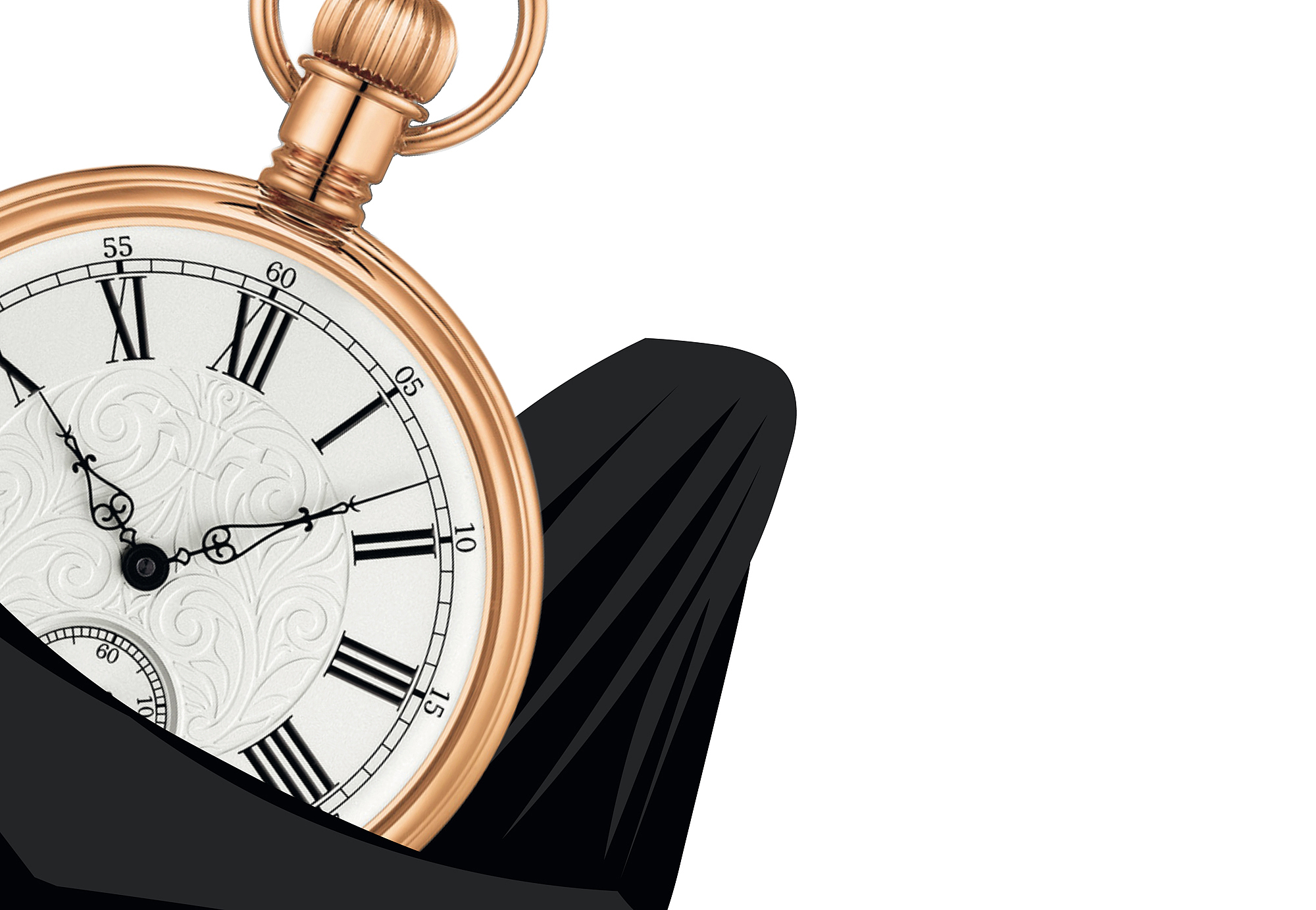
Retold with brilliance and wit
Johann Strauss' operetta "Die Fledermaus" twice in concert at the Weimarhalle
"Die Fledermaus" is one of the most popular and most frequently performed stage works in Germany. Now, students from the University of Music FRANZ LISZT Weimar are bringing Johann Strauss' operetta to the stage. It will be performed on Thursday, April 27 and Friday, April 28 in the Weimarhalle.
On both days the concertante spectacle starts at 7:30 p.m. "You've never heard Die Fledermaus like this before," promises artistic director Prof. Ekhart Wycik. "Because: we tell the story completely new."
The "Fledermaus" production of the Weimar University of Music is dedicated to students from a wide variety of subjects: Nearly 20 soloists from the Department of Voice and Musical Theater are currently rehearsing their parts.
The university choir will sing and the university orchestra will play under the direction of Ekhart Wycik. The tango ensemble "II Pipistrello" with accordion and the HfM pop choir "Katze im Sack" as musical guests at Prince Orlofsky's ball will also provide an extended variety of sounds.
Especially for the Weimar performances, two school music students have rewritten the dialogues between the singing parts in an original way. In an entertaining way, Paul Kohlmann and Noel Luther moderate the action.
"They tell the stories of all the characters brilliantly, understandably and wittily," says Wycik. The German National Theater in Weimar helps with set elements and props.
Tickets at 20 euros and reduced at 15 euros are available in advance at the Tourist Information Weimar and at the box office.
You can get online tickets for April 27 here: https://t1p.de/yzm5m
You can get online tickets for April 28 here: https://t1p.de/wmkzq
"Die Fledermaus" was first performed in Vienna in 1874. Today it is considered a showpiece of the golden operetta era. The libretto was written by Carl Haffner and Richard Genée. The plot in three acts centers on an elaborate game of mistaken identity at a prince's ball. Aristocrats, burghers and maids come together in disguise.
Included are not only alcohol in rough quantities, but also lies, erotic slips, frauds and vendettas. The next morning they all meet again in prison and the culprit of the misery is quickly found: the champagne.
So, according to artistic director Ekhart Wycik, the story could also be from today: flings after many years of marriage, partying with a nouveau riche influencer and a change of identity as an escape from everyday life. "Simply a pitch for good humor," Wycik is sure.
Born in 1825, Austrian composer Johann Strauss is considered the "waltz king." He composed world successes such as the waltz "An der schönen blauen Donau," but also turned to the genre of operetta relatively early on. He always remained true to his preference for dance music: it also comes into play in operettas such as Die Fledermaus.
[15 March 2023]
